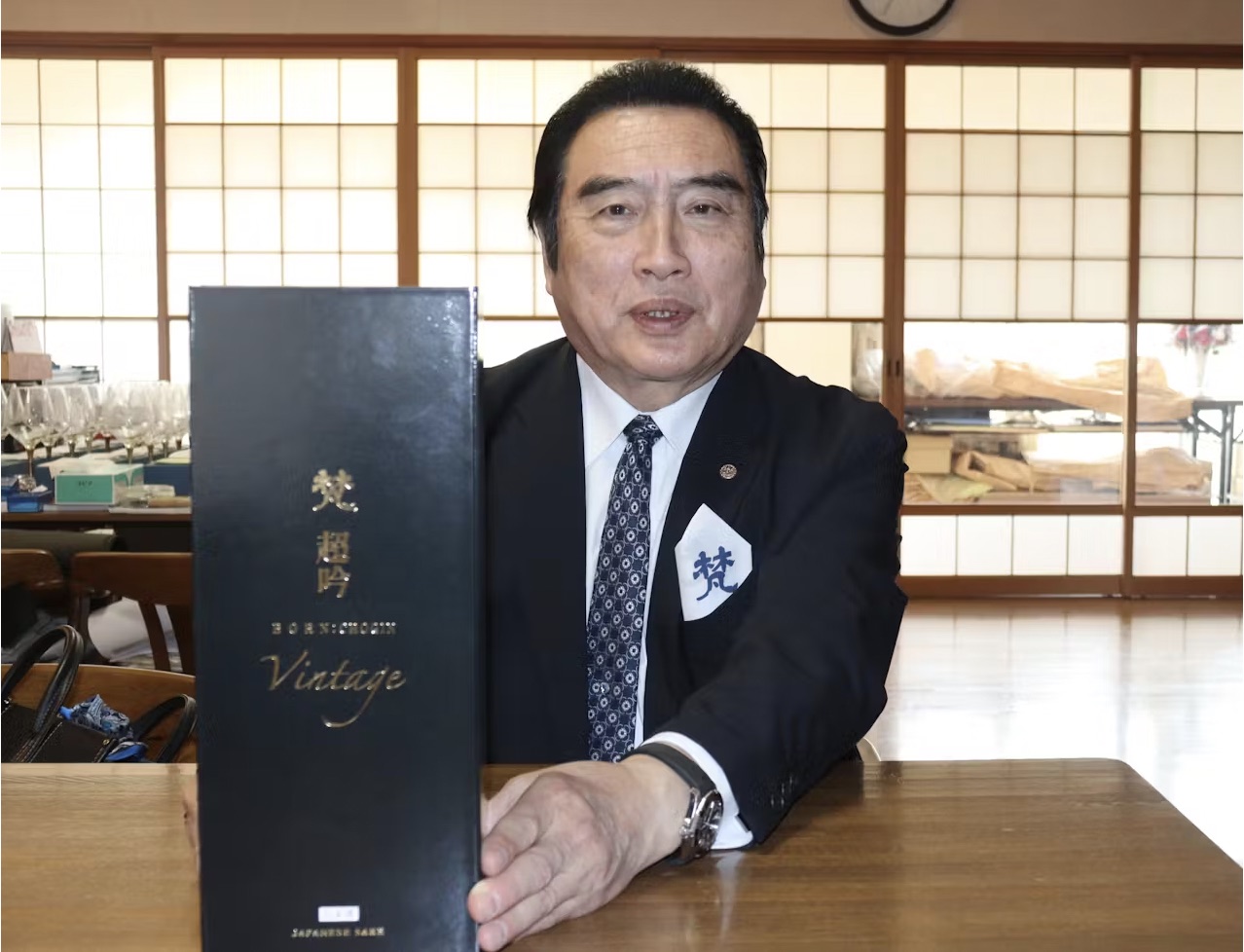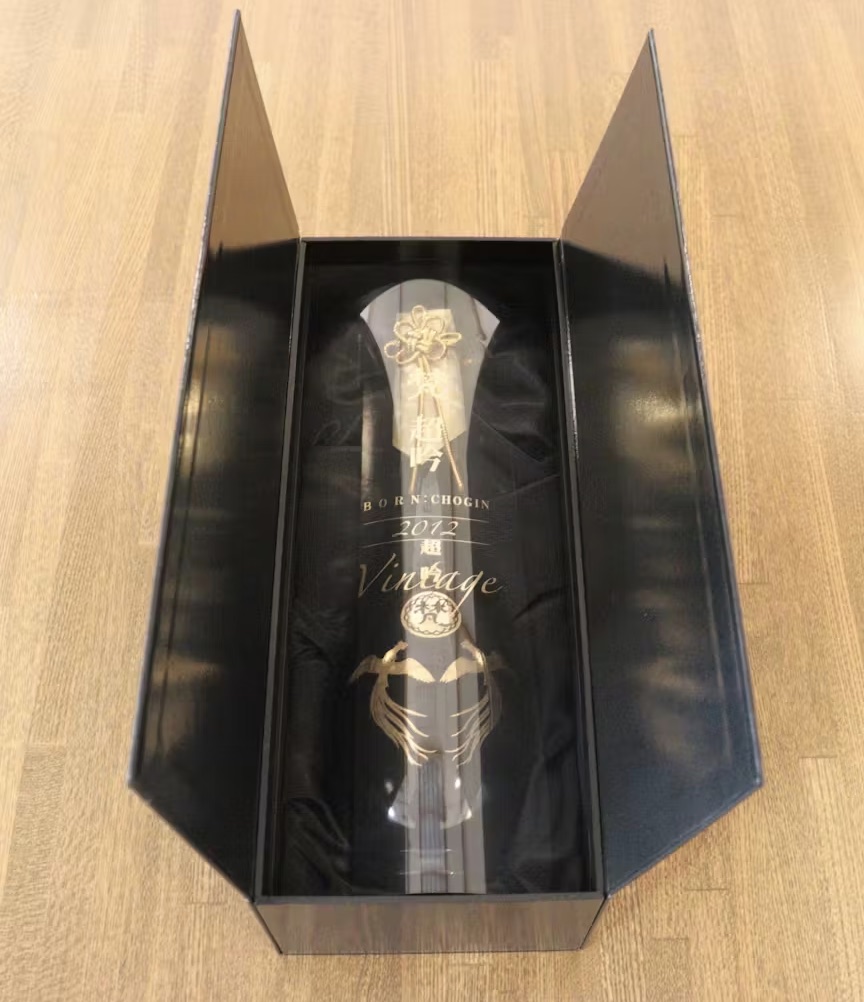TOKYO, May 06 (News On Japan) - A Japanese sake brewery behind the Japanese sake brand "BON," plans to release vintage sake aged for over 10 years around autumn 2024. By aging their sake and labelling it as vintage, the company aims to enhance its rarity and add value.

BON sake has already garnered high praise, fetching prices of several hundred thousand yen outside of Japan. With the introduction of a new product priced at 1.1 million yen per bottle, the company aims to compete in the highest luxury price range alongside wines and whiskies.
This marks the first time the brewery will be releasing sake as a vintage product. This year, they will debut "BON - Chogin Vintage," a sake that has been aged and carefully managed in cold storage since 2012. Already, orders have been placed by top-tier restaurants and sommeliers, and approximately 200 bottles, nearly all, have secured buyers.
While vintage wines and whiskies have been traded for millions of yen, the price of vintage sake remains relatively low, at several hundred thousand yen. There are still only a few breweries promoting their products in the luxury market.

The debut of "BON - Chogin Vintage" signals a bold step for the brewery, representing a fusion of tradition and innovation. As they carve out a niche in the highest echelons of the market, all eyes are on BON, waiting to see how their aged masterpiece will captivate the palates of connoisseurs worldwide.
Source: Nikkei















